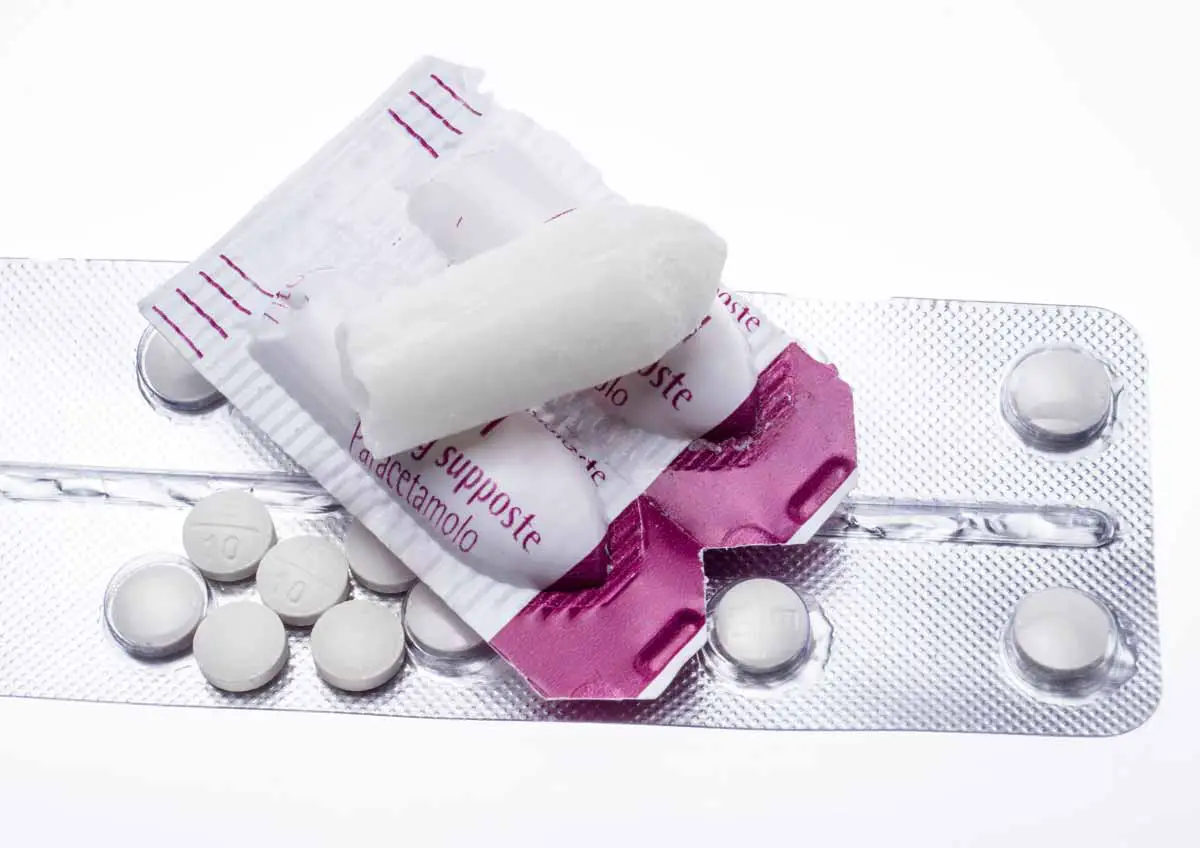Do Suppositories Need To Be Refrigerated?

The topic of suppositories can be uncomfortable and embarrassing for a lot of people, but the unpleasantness is worth it if you’re sick or in pain. But in your rush to leave the doctor’s office, you might have skipped over some important questions, like how to store your medication.
Suppositories should be stored in a cool place. Not all suppositories need to be refrigerated, but many do. If you are unsure how to store your medication, read the label carefully or call your doctor.
They may not be fun, but in some cases, suppositories are the best medical option. Let’s take a closer look at what suppositories are and when and why they are necessary.
Do Suppositories Need to Be Refrigerated?
A suppository is a dose of medication covered in a substance that dissolves over the first ten or fifteen minutes after insertion because of your body’s warmth. As the coating dissolves, the body absorbs the medication. Before insertion, the suppository should be kept cool. Otherwise, the coating may begin to melt before it is taken.
The required storage temperature depends on the medication and the type of coating used. Many suppositories need to be refrigerated, but not all. If you are unsure whether your medication should be refrigerated, read the storage information on the label or contact your doctor.
Most suppositories should be stored between 36℉ and 59℉. Suppositories that use glycerinated gelatin as a coating may be able to be stored at temperatures up to Glycerinated gelatin suppositories can be stored between 66℉ and 75℉, but the medication inside may require colder temperatures.
What is a Suppository?
A suppository is a delivery method for medication, like an oral pill or an injection. The most commonly known suppository is a rectal suppository, but there are also female external genitalia and urethral suppositories.
Why Take a Suppository?
Doctors will prescribe a suppository when a patient can’t take medication orally. This can happen for several reasons.
Very old or young patients may have difficulty swallowing large pills, so a suppository is a better option. A vomiting patient may be unable to keep the medication in their stomach long enough for the medication to break down, and a suppository is a way to bypass the digestive tract and deliver to medication to the body.
In some cases, a suppository is necessary because the medication wouldn’t survive the patient’s digestive system. The medication might break down in the stomach or be destroyed in the gastrointestinal tract before it can take effect.

What Do Suppositories Treat?
Suppositories can treat many illnesses and symptoms. Doctors will prescribe different types of suppositories depending on the diagnosis.
Rectal Suppositories
Rectal suppositories are typically rounded and narrow at one end and are inserted into the rectum. They can treat constipation, fever, hemorrhoids, nausea, and some mental health conditions like anxiety and bipolar disorder.
female external genitalia Suppositories
female external genitalia suppositories work the same way as rectal but are inserted into the female external genitalia instead. Doctors might prescribe a female external genitalia suppository to treat bacterial or fungal infections. Unlike a rectal suppository, female external genitalia suppositories are usually inserted using an applicator.
Urethral Suppositories
Urethral suppositories are much smaller than the other two types and are made to be inserted into a man’s urethra. Urethral suppositories can be prescribed to treat some uncommon cases of erectile dysfunction.
Tips for Taking Suppositories
Like any medication, there are some measures you can take to have the most comfortable and sanitary experience. First, be sure to wash your hands thoroughly before and after taking your medication. It is also wise to use the bathroom before taking a suppository (and washing your hands when you’re done, of course!).
Most doctor’s instructions recommend sitting or laying down after taking a suppository for at least ten or fifteen minutes. However, it is best to avoid any exercise for at least an hour after.
Before taking the suppository, gently squeeze it between your thumb and finger. If the suppository has been kept in a cold enough environment, it should be hard. If it is too soft, it will be difficult to insert. If your suppository is too soft, hold it under cold running water or put it in the refrigerator for a few minutes.
You may also find other interesting articles on our website that you may find interesting like Do Blackberries Need To Be Refrigerated?, Do Blueberries Need To Be Refrigerated? and Do Boiled Potatoes Need To Be Refrigerated?
Summary
Being prescribed a suppository may be an embarrassing experience, but it doesn’t have to be a difficult one. Keep your medication in a cold environment and follow your doctor’s instructions, and let the medicine do its job.








